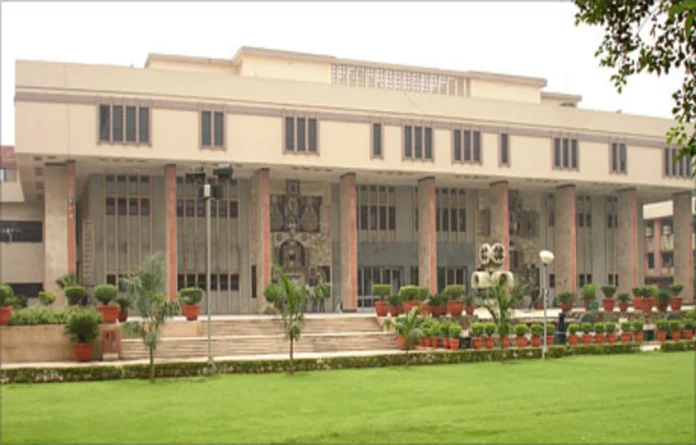The Delhi High Court has strongly criticised news agency Asian News International (ANI) for its conduct in a copyright infringement case filed against Dynamite News Network Pvt. Ltd., describing its actions as an overreach of judicial process.
A division bench comprising Justice C. Hari Shankar and Justice Om Prakash Shukla dismissed ANI’s appeal challenging an earlier single-judge order that had directed Dynamite News to remove allegedly infringing content and allowed the unblocking of its YouTube channel. The court noted that ANI’s subsequent actions undermined the authority of the single-judge’s decision.
The dispute arose when ANI accused Dynamite News of uploading several of its video clips on YouTube without authorisation. On March 21, Dynamite News agreed before the single judge to delete nine disputed videos and undertook not to publish or share ANI’s copyrighted content in the future. Following this assurance, the court permitted the restoration of Dynamite News’ YouTube channel, which had previously been blocked due to ANI’s complaints.
However, ANI later approached YouTube directly with fresh takedown requests, targeting new URLs and resulting in the re-blocking of Dynamite News’ channel—without informing the court. This prompted Dynamite News to move the High Court again, arguing that ANI had violated the spirit of the judicial order.
The division bench agreed with Dynamite News, observing that ANI’s conduct “deserved to be deprecated.” The judges noted that while copyright holders are entitled to protect their intellectual property, they must do so within the boundaries of due process and court supervision. The bench emphasised that unilateral actions that interfere with or circumvent judicial orders cannot be condoned.
The court also clarified that if any future videos are uploaded by third parties that infringe upon ANI’s copyright, such issues would need to be addressed separately and in accordance with the law. However, it refused to entertain ANI’s present appeal, effectively upholding the earlier decision.
The Delhi High Court after dismissing the appeal, reaffirmed that copyright enforcement must adhere to procedural fairness and judicial oversight, particularly when content removal affects public communication platforms like YouTube.


